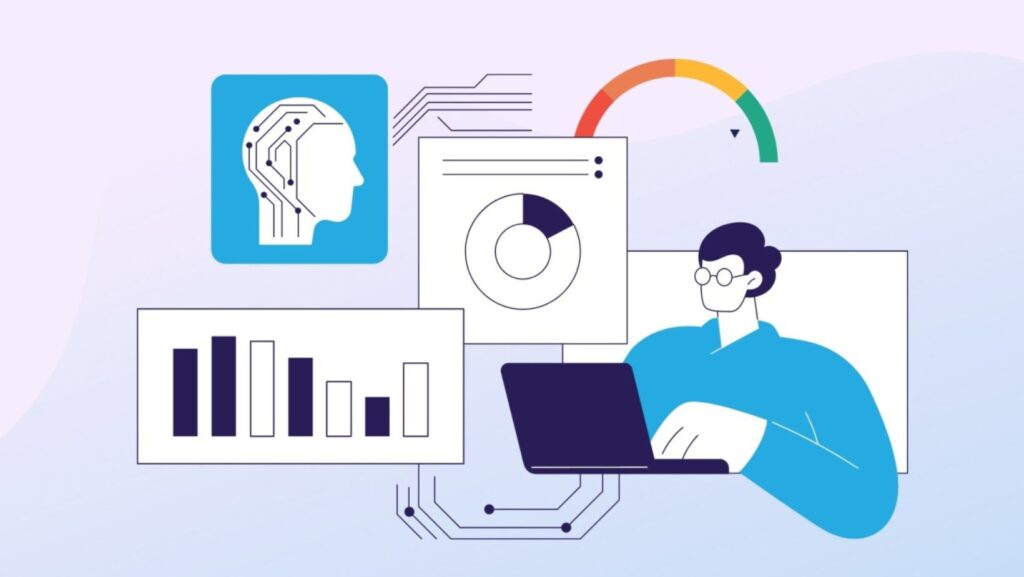
There is an iconic high-end confectionery shop where the signature offering is an absolutely perfect caramel apple that comes with its own fan club. The reason it tastes so great has absolutely nothing to do with the caramel and everything to do with the apples, which come in from an exclusive group of orchards. The company spotted a trend in its data pointing toward a runaway success, with demand poised to double. In the past, this would have sparked a panicked, last-minute hunt for new apple suppliers—a risky dance of rushed deals. But for this confectioner, that particular headache is already ancient history.
While the next harvest is still just a promise of future blossoms on the branch, the procurement team is already in calm, methodical discussions with several new, pre-vetted orchard partners. Contracts are being drawn up, quality standards are being aligned, and logistics are being mapped out—all months before the fruit even exists. This isn’t luck; it’s the direct result of a sophisticated third-party onboarding process powered by predictive analytics. The company isn’t just reacting to the market; it’s anticipating it, using data to build its supply chain proactively. The future increase in orders is met not with panic, but with a pre-planned, perfectly planned expansion of its trusted partner network.
It’s driven by a set of technologies that are changing Third-Party Risk Management (TPRM) from an administrative roadblock into a strategic benefit.
Predictive Analytics:
Rain check in time keeps us dry. By analyzing market trends, consumer behavior, and even climatic data, these systems can forecast demand spikes and potential supply shortages. This allows a company to identify and begin onboarding necessary third parties—like new orchards—long before the need becomes critical, ensuring business continuity. This is the core intelligence.
Blockchain:
It creates a shared, unalterable ledger that documents all transactions and movement. In the case of a confectionery, that might involve tracing an apple batch from the orchard through shipment to the plant, establishing a clear and indelible record of quality and treatment that all parties can rely upon without contention.
AI:
Vetting for more extensive due diligence is feasible as long as automation performs it without prompting. AI can quickly scan a potential vendor’s financial status, record of compliance, and security position, alerting to threats and providing a condensed shortlist of qualified vendors for the management team to examine.
Smart Contracts:
These self-enforcing agreements, serialized on a blockchain, automatically take action when predetermined criteria are satisfied.

For example, payment to an apple vendor can be released immediately upon digital acknowledgment of a successful quality check, simplifying operations and creating partner trust.
Small Wins For Big Returns
Let’s face it, staying ahead of the pack is no longer a privilege; it’s the way you don’t end up being a business dinosaur. By incorporating these technology upgrades, businesses are essentially turning the tables in the game. They’re exchanging their firefighting equipment for a crystal ball and a firm handshake. It’s no longer about how to avoid mistakes—it’s creating a supply chain so intelligent and consistent that it’s the competitor’s worst nightmare and your own best asset.












